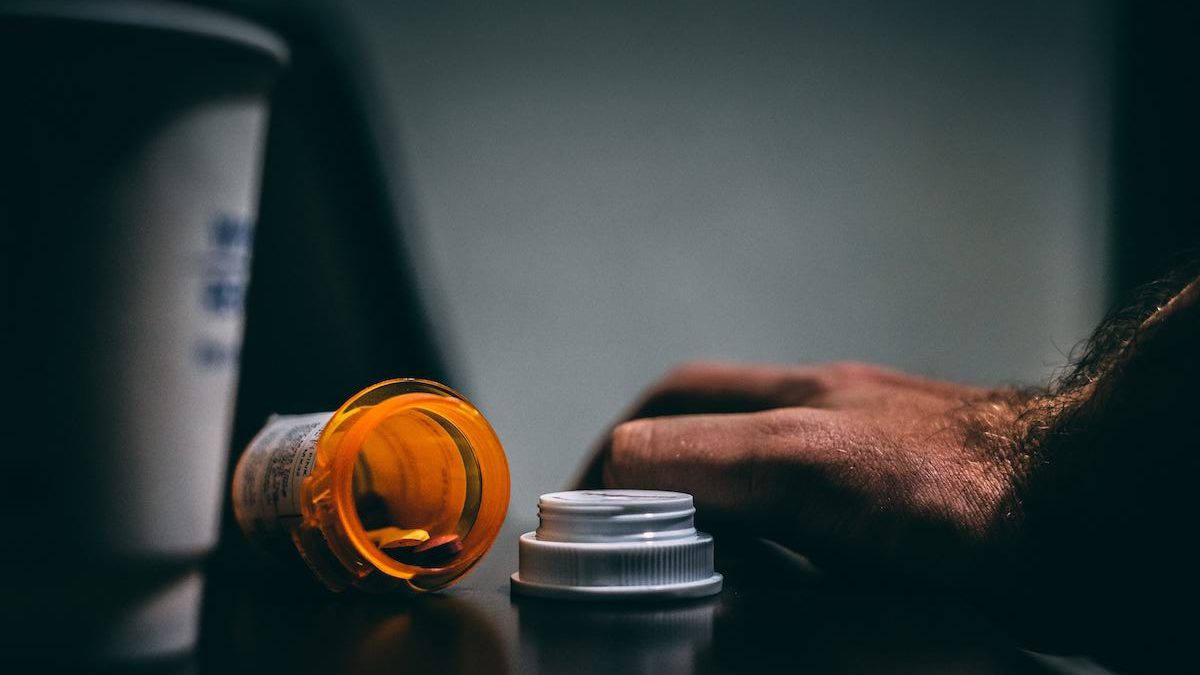Oxycodone is a narcotic analgesic. It is a prescription medication that is used to treat moderate to severe pain. The United States Drug Enforcement Administration (DEA) has classified oxycodone as a Schedule II controlled substance. As such, oxycodone is marked as having a high potential for abuse, which can potentially lead to severe psychological and physical dependence. Oxycodone works by using the central nervous system to stop pain signals from reaching one’s brain. When taken as directed it can prove to be a highly effective pain medication, but when abused it can result in severe short and long-term effects. There are several ways an individual could abuse oxycodone. Individuals with a valid prescription for oxycodone that take more of the medication than prescribed, individuals that ingest the medication in a method other than as directed (i.e. crush a pill and snort), individuals that take oxycodone without a prescription, and individuals that take oxycodone more frequently than prescribed are all forms of oxycodone abuse.
Although some people have a greater predisposition to developing substance abuse issues, addiction is simply not an overnight development. Any individual that has habitually abused drugs and/ or alcohol for any period of time has integrated certain accommodations into his or her life to satisfy his or her substance abuse habit. An individual that struggles with addiction will prioritize his or her addiction above all else in his or her life. Addiction can wreck havoc in all areas of one’s life, leading to family tensions, relationship strains, financial issues, legal complications, physical consequences, and more.
Detox
Detox is an essential step to one’s recovery from oxycodone abuse and addiction. It is the process that allows the body it rid itself of all foreign substances and enables it to begin to experience functioning without the presence of additional substances. It is impossible to effectively begin treatment for substance abuse and/ or addiction without successfully completing the detox process. There are several different ways a person can go through detox, each offering varying levels of support. Individuals that struggle with oxycodone abuse are encouraged to undergo a medically supervised detox process so as to assure the safety of the individual throughout the duration of his or her detox.
Treatment
Subsequent to the successful completion of the detox stage, an individual struggling with oxycodone addiction should continue his or her treatment process by attending a formal substance abuse and/ or addiction treatment program. The format for substance abuse and/ or addiction treatment programs is typically divided between inpatient treatment options and outpatient treatment options. Inpatient substance abuse and/ or addiction treatment programs are a fully immersive experience, as they require an individual to reside at the treatment facility for the duration of the program. An outpatient treatment program will allow an individual to continue to reside at home, while attending a certain number of predetermined program hours, daily. This can be a fantastic option for an individual that is unable to relocate or commit to residing somewhere other than his or her home. Regardless of the format of the treatment program, the duration of substance abuse and/ or addiction treatment programs will vary, some will last only fourteen days while others may last up to three months, and in some cases, longer.
Many substance abuse and/ or addiction treatment programs create tailored treatment plans to assure that the treatment approach is directly catering to the unique needs of each individual. There are a plethora of different therapeutic modalities that are commonly incorporated into one’s treatment plan, including various psychotherapeutic methods, creative arts therapies, group therapy, and more. Moreover, many substance abuse and/ or addiction treatment programs will encourage healthy life-style choices such as engaging in regular exercise, maintaining a nutritious diet, getting ample nightly sleep, and additional self-care practices.
For Information and Support
If you are concerned for yourself or a loved one in regards to substance abuse and/ or addiction we recommend reaching out for help as soon as possible. If left untreated, substance abuse can result in long lasting and potentially life-threatening consequences. Keep in mind: you are not alone! There is an entire network of professionals that are available to help and support you and your loved one throughout the recovery process. The earlier you seek support, the sooner your loved one can return to a happy, healthy, and fulfilling life.
Please do not hesitate to reach out with any questions regarding our specific program at Haven House Addiction Treatment and/ or general substance abuse and/ or addiction treatment related information. Our highly trained staff is readily available to discuss how we might best be able to help you and your loved one.



